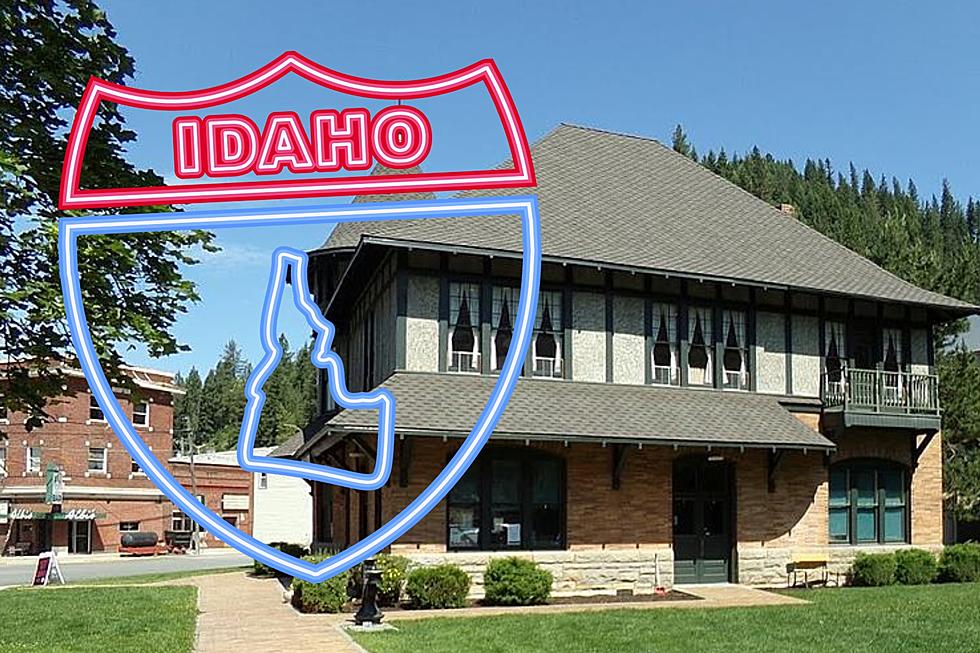
Sports & Business: Do You Know Jack?
Sport and business aren’t always apt metaphors. Success in one doesn’t always guarantee greatness in the other. An example would be Daniel Snyder’s ownership of the Washington Redskins, however. You can still find many qualities that make great sportsmen and teammates apply in business.
The National Hockey League remains the ugly red-headed stepchild of sports in the United States. The public isn’t nearly as well acquainted with hockey stars as even average players in football, baseball and basketball and for new hockey fans in the USA the sport simply didn’t exist until they discovered the game.
The league is 5 times larger than it was in the era following World War Two and more than double its size of just 40 years ago. During the era of the 6 team league, which lasted a quarter century from 1942 until 1967, three of the teams were dominant. Detroit, Toronto and Montreal. As Toronto fell on hard times in the 1950s it became a two horse race during the decade. Montreal went to the finals ten straight years, won 5 straight and 6 titles overall during the stretch. The Canadiens would’ve made it 8 straight but for two years when Detroit stopped Montreal and by the barest of margins. One 7 game series ended in the deciding game in overtime off a deflection.
Before he began a serious struggle with Alzheimer’s the former Red Wing great Gordie Howe wrote an autobiography where he made an argument Detroit missed a greater opportunity to stop Montreal. In the late 40s the Wings were as dominant in hockey as the Yankees were in baseball (Howe turned down an offer from the Yankees in order to play hockey). Detroit was loaded with young talent and for 7 consecutive seasons the team finished first in regular season standings. Howe was the star up front. Defenceman “Big Bill” Quakenbush anchored the other end of the ice for Detroit. The game, always considered violent, was extremely bloody at the time. Quakenbush rarely fought. No one really dared challenge him. He was powerful and fast and eventually was able to play what could best be described as a “fundamentally polite” game. In 1948-49 he didn’t receive a penalty. It may be the rarest feat by a defenceman in hockey history. For his clean behavior he was awarded the NHL’s top trophy for sportsmanship. Which carries the somewhat unmanly name of Lady Bing. She would’ve been the wife of a titled man when Canada was still a British Dominion.
A fellow named Jack Adams was in charge of the Red Wings. He had come to the game when it was still played on ponds in mining towns and he was apoplectic when one of his best players won an award Adams considered a girly-man prize. In short order he traded the future Hall-of-Fame player to one of the worst teams in the league. When even Howe objected to such a rash move he was also threatened with a trade. During the 1930s Adams could run a tight ship as jobs were few and playing hockey was the only income some men knew was available during the Great Depression. After World War Two the men who had liberated Asia and Europe weren’t as easily controlled. Adams began keeping a list of malcontents and the slow dismantling of the Red Wings began. By the late 50s it was a franchise in decline and would wander in sports wilderness for 40 years. Meanwhile Montreal would go on a tear with a dynasty that lasted for 3 decades.
What lessons can we glean from the Red Wings and Jack Adams? First, not every successful member of the team gets from point A to point B the same way. Don’t destroy an organization in a fit of pique because one successful member of the team has a unique approach. And don’t become paranoid and punish the team when people question your decisions. Especially when your moves appear emotional instead of logical. Have you ever worked for a Jack Adams type?
More From News Radio 1310 KLIX









